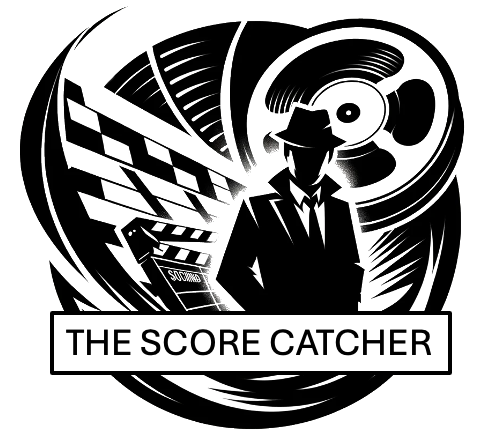Friday, BBC2, 11:05pm
Ron Howard’s Rush (2013) revs up a tale of two titans of Formula One, James Hunt and Niki Lauda, with a roaring blend of high-octane drama and character study. With Peter Morgan’s sharp screenplay, the film constructs a gripping rivalry that is as much about personality as it is about prowess. Hunt, the rakish Brit played with swagger by Chris Hemsworth, and Lauda, Daniel Brühl’s meticulous Austrian, are cast as contrasting gladiators on the asphalt arena. The narrative captures their 1976 championship duel, though not without a bit of cinematic license. The real Hunt was more disciplined, and Lauda less humorless than portrayed, but who can resist Howard’s penchant for distilling human drama from historical events?

The film’s engine is turbocharged by Hans Zimmer’s electrifying score, which races alongside the adrenaline-fueled cinematography. Zimmer blends throbbing electronic beats with a traditional orchestral punch, underscoring the visceral thrill of racing while capturing the emotional arcs of its characters. Particularly striking is the piece Lost but Won, where strings and synthesizers ascend in tandem, mirroring Lauda’s recovery and determination after his near-fatal crash at the Nürburgring. Zimmer doesn’t merely accompany the story; he accelerates it, making the audience feel the vibration of every tire on tarmac.
While Rush may toy with the truth—streamlining complex dynamics into digestible tropes—it succeeds in celebrating the spirit of competition and the toll of greatness. Its historical liberties serve the drama but don’t erase the remarkable humanity of Hunt and Lauda’s relationship, which evolved from icy enmity to profound respect. Paired with Zimmer’s sonic artistry, Rush is not merely a film about racing; it’s a testament to the risks we take in pursuit of glory. One might say Howard and Zimmer themselves race across the cinematic track, delivering a performance worthy of pole position.
- Tom Hanson
